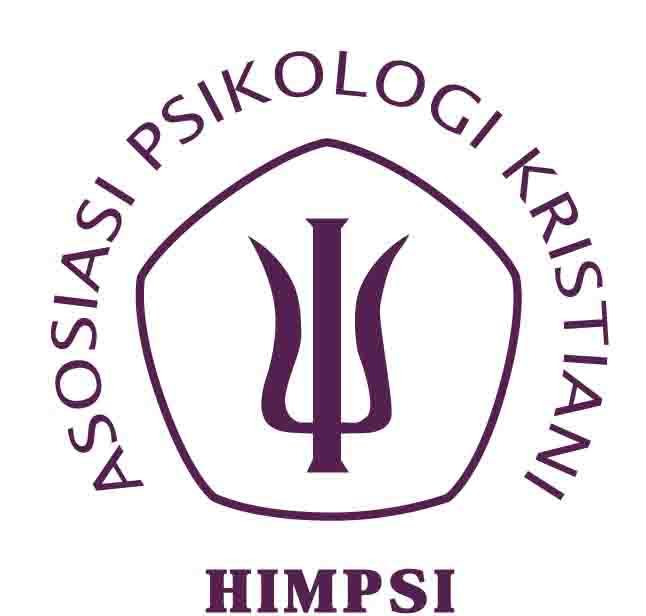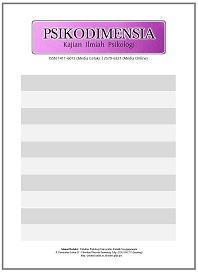Theory of Filipino Substance Use Recovery (SUR): A Grounded Theory Approach
Abstract
Abstract: Treatment for Substance Use Disorder (SUD) is often theory-based however, recovery has not been guided by a theory. This grounded theory study intended to identify how an individual maintains recovery from SUD. Twenty (20) recovering persons as the participants in a one-on-one in-depth interview employing Charmaz’s grounded theory methodology of analyzing data, a theory was developed. The theory of Filipino Substance Use Recovery (SUR) generated five theoretical phases: Exhaustion, Recognition, Acceptance, Involvement, and Maintenance. Under the Maintenance phase, components in maintaining a lifelong recovery were also identified such as autonomy, maturity, support system, positive feelings, and restitution. Furthermore, it recognized two recovery barriers (internal and external barriers) thus explained the phenomena of substance use relapse. In conclusion, the theoretical foundation of Filipino SUR could help improve the current treatment and management of SUD in the Philippines. Findings could be utilized in developing programs grounded and contextualized in the Philippine setting to address issues in substance use prevention, harm reduction, intervention, and recovery.
Keywords: Substance Use Disorder (SUD), recovery, relapse, grounded theory
Keywords
Full Text:
PDFDOI: https://doi.org/10.24167/psidim.v20i2.3244
Print ISSN : 1411-6073 | online ISSN : 2579-6321 View My Stats

This work is licensed under a Creative Commons Attribution 4.0 International License.





















